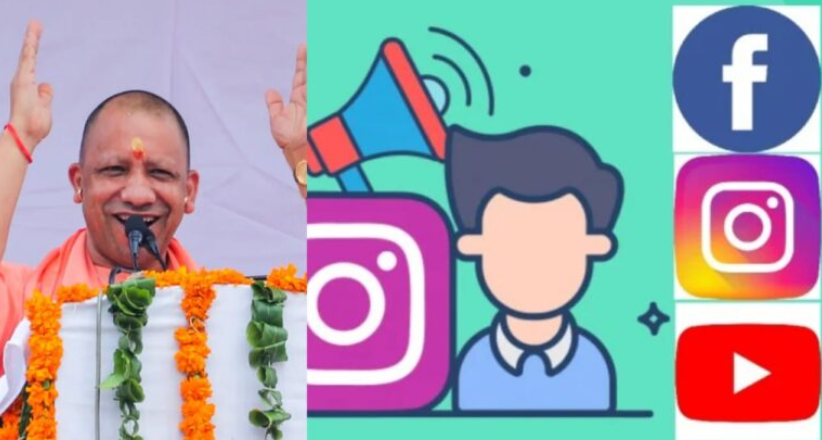U.P. Government to Pay Up to Rs 8 Lakh to Influencers for Promoting Welfare Schemes (GS Paper 2, Government Policies)

Context
- The Uttar Pradesh government has announced a new social media policy designed to incentivize influencers to promote the state’s welfare schemes and initiatives.
- This policy aims to enhance the state's online presence while also managing content quality across major social media platforms.
Key Details of the Policy
Financial Incentives:
- Influencers can earn up to Rs 8 lakh per month based on their platform and audience reach.
- Payment structures are divided by platform:
- X, Facebook, Instagram: Influencers can earn up to Rs 5 lakh, Rs 4 lakh, Rs 3 lakh, and Rs 2 lakh per month, depending on their category.
- YouTube: Payments are categorized based on content type:
- Videos, Shorts, Podcasts: Up to Rs 8 lakh, Rs 7 lakh, Rs 6 lakh, and Rs 4 lakh per month, respectively.
Advertisement Management:
- The digital agency V-Form has been designated to handle advertisements.
- This agency will oversee the promotion of content related to government schemes and initiatives across social media platforms, including X, Facebook, Instagram, and YouTube.
Regulations and Guidelines:
- The policy introduces new guidelines to manage objectionable content, including anti-national, anti-social, fake news, and inflammatory material.
- The government has the authority to take legal action against such content, ensuring adherence to acceptable standards.
Statements from Officials:
- Principal Secretary Sanjay Prasad stated, “With the release of this policy, residents of the state residing in different parts of the country and abroad will be ensured to get employment in large numbers.”
Concerns and Misunderstandings:
- An earlier version of the policy’s details mistakenly indicated a provision for punishing anti-national content with imprisonment.
- This error has been corrected, and the current policy focuses on managing objectionable content without such penalties.
Analysis
- The Uttar Pradesh Digital Media Policy, 2024, reflects a strategic move to utilize social media influencers as conduits for spreading information about government initiatives.
- By offering substantial financial rewards, the policy aims to engage influencers in promoting state schemes and improving digital outreach.
However, the policy also raises several concerns:
- Influencer Independence: The financial incentives may lead to questions about the independence of influencers, potentially prioritizing government-sponsored content over unbiased or critical perspectives.
- Content Regulation: While managing objectionable content is necessary, the broad definition of what constitutes anti-national or inflammatory material could impact freedom of expression and lead to self-censorship among content creators.
Conclusion
- As the Uttar Pradesh government implements this new policy, it will be crucial to balance the goals of enhanced promotion of welfare schemes with the need to maintain freedom of expression and content integrity.
- The effectiveness of the policy will depend on transparent enforcement of content guidelines and the ability to address potential issues of bias and censorship in the digital media landscape.


